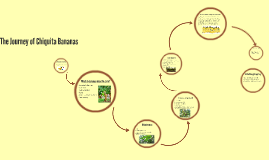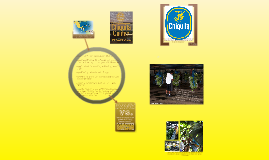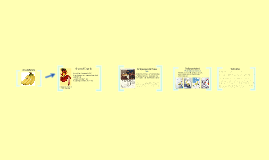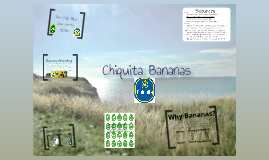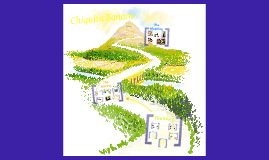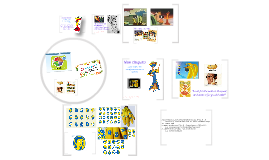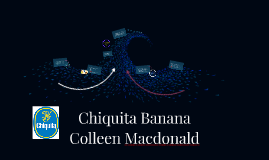Chiquita Banana
Transcript: The Story Argument Characters Plot Conflicts Rise & Fall Became a Registered Trademark The Market Advertisements The Label Claims and Slogans "Chiquita. Quite Possibly, The World's Perfect Food." "...stay fresh up to 7 days longer than bananas delivered in traditional packaging." "Recipes for All Stages of Ripeness" Competition International Different Cultures, Different Uses. The Meaning Thorstein Veblen, “Conspicuous Consumption” The Consumer Society Reader, eds. Juliet B. Schor and Douglas Holt (New Press, 2000), 187-204. Igor Kopytoff, “The Cultural Biography of Things: Commoditization as Process, The Social Life of Things, ed. Arjun Epidural (Cambridge, 1986), 64-91. “Our Company”, Chiquita Brands International, Inc., http://www.chiquita.com/Our-Company.aspx. “Our Bananas”, Chiquita Brands International, Inc., http://www.chiquitabananas.com/Banana-Information/index-yellow-bananas-information.aspx. Adelien van de Kasteele, “The Banana Chain:The Macro Economics of the Banana Trade”, (Amsterdam, 1998), 1-34. “United Fruit Company”, United Fruit Historical Society, http://www.unitedfruit.org/. All Images Retrieved from: “Chiquita Banana”, Google Image Search Engine, https://www.google.com/imghp?ie=UTF-8&hl=en&tab=wi. “Chiquita Banana”, YouTube, http://www.youtube.com/. Chiquita Banana Commodity versus Culture Present Research Conducted Women Farmers Kopytoff Children Fast and Efficient Transportation of Bananas World War II Growth in Company Veblen Captain Lorenzo Dow Baker Created the Boston Fruit Company Past Minor C. Keith Created a Railroad Luxury versus Necessity Miss Chiquita Bananas Sold in U.S. for Profit Men Joined to Create United Fruit Company






